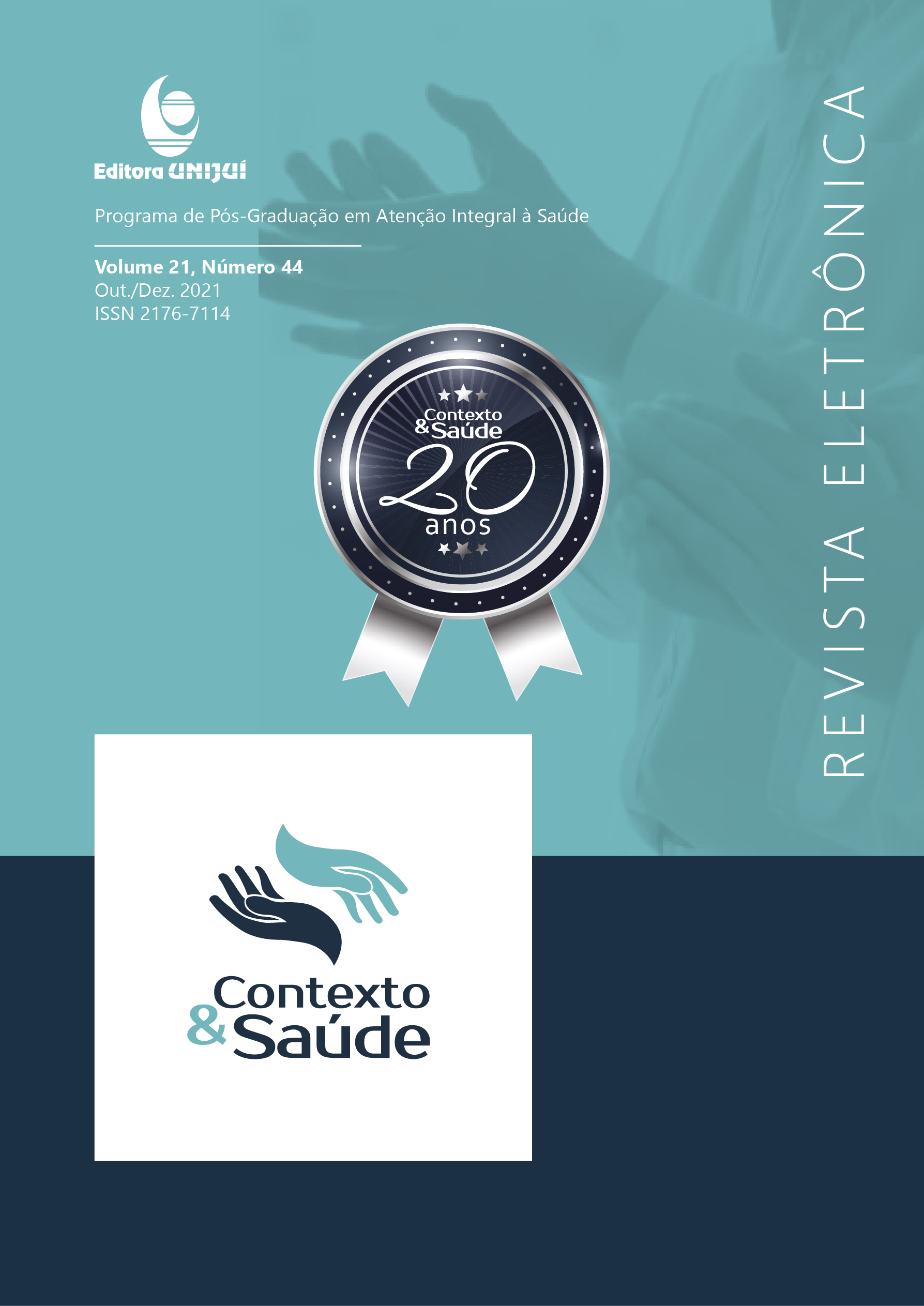DERRAMAMENTO DE ÓLEO NO MAR E IMPLICAÇÕES TÓXICAS DA EXPOSIÇÃO AOS COMPOSTOS QUÍMICOS DO PETRÓLEO
OIL SPILL IN THE SEA AND TOXIC IMPLICATIONS OF EXPOSURE TO PETROLEUM CHEMICAL
DOI:
https://doi.org/10.21527/2176-7114.2021.44.11470Keywords:
Petroleum, Atlantic Ocean, Ocean, ToxicityAbstract
Petroleum is a fossil fuel composed mainly of polycyclic aromatic hydrocarbons whose persistent toxic and bioaccumulative organic pollutants. Recently, the oil spill that occurred on the coast of Northeast Brazil was a major environmental disaster and caused an impact on the marine and terrestrial environment for plants, animals and humans. The present study is a narrative review on cases of oil spills and toxic effects on the environment and human health. Databases were used to search for national and international articles, in addition to a monograph, dissertation, technical notes and news about the topic to compose this review. Important environmental accidents resulting from the oil spill at sea and / or exposure to the chemical constituents of petroleum promoted environmental damage (blocking the systems of filtering animals, reducing the photosynthetic action of plant species, emitting polluting gases in the air and decreasing the natural defense soil), and human health (carcinogenicity, hematoxity, neurotoxicity and psychosocial damage). The most common way of contamination of the population caused by oil is through the respiratory tract, which can also occur through ingestion, with risks still unclear regarding the consumption of contaminated food. Alternatives for the use of the large amount of oil taken from the beaches of Northeastern Brazil have been developed in the study centers of the affected regions. Studies are needed to measure the long-term environmental and human health impact and strategies to accelerate the biodegradation of this contaminating material.
Downloads
Published
How to Cite
Issue
Section
License

This work is licensed under a Creative Commons Attribution 4.0 International License.
By publishing in Revista Contexto & Saúde, authors agree to the following terms:
The works are licensed under the Creative Commons Atribuição 4.0 Internacional (CC BY 4.0) license, which allows:
Share — to copy and redistribute the material in any medium or format;
Adapt — to remix, transform, and build upon the material for any purpose, including commercial.
These permissions are irrevocable, provided that the following terms are respected:
Attribution — authors must be properly credited, with a link to the license and indication of any changes made.
No additional restrictions — no legal or technological measures may be applied that restrict the use permitted by the license.
Notes:
The license does not apply to elements in the public domain or covered by legal exceptions.
The license does not grant all rights necessary for specific uses (e.g., image rights, privacy, or moral rights).
The journal is not responsible for opinions expressed in the articles, which are the sole responsibility of the authors. The Editor, with the support of the Editorial Board, reserves the right to suggest or request modifications when necessary.
Only original scientific articles presenting research results of interest that have not been published or simultaneously submitted to another journal with the same objective will be accepted.
Mentions of trademarks or specific products are intended solely for identification purposes, without any promotional association by the authors or the journal.
License Agreement (for articles published from September 2025): Authors retain copyright over their article and grant Revista Contexto & Saúde the right of first publication.

